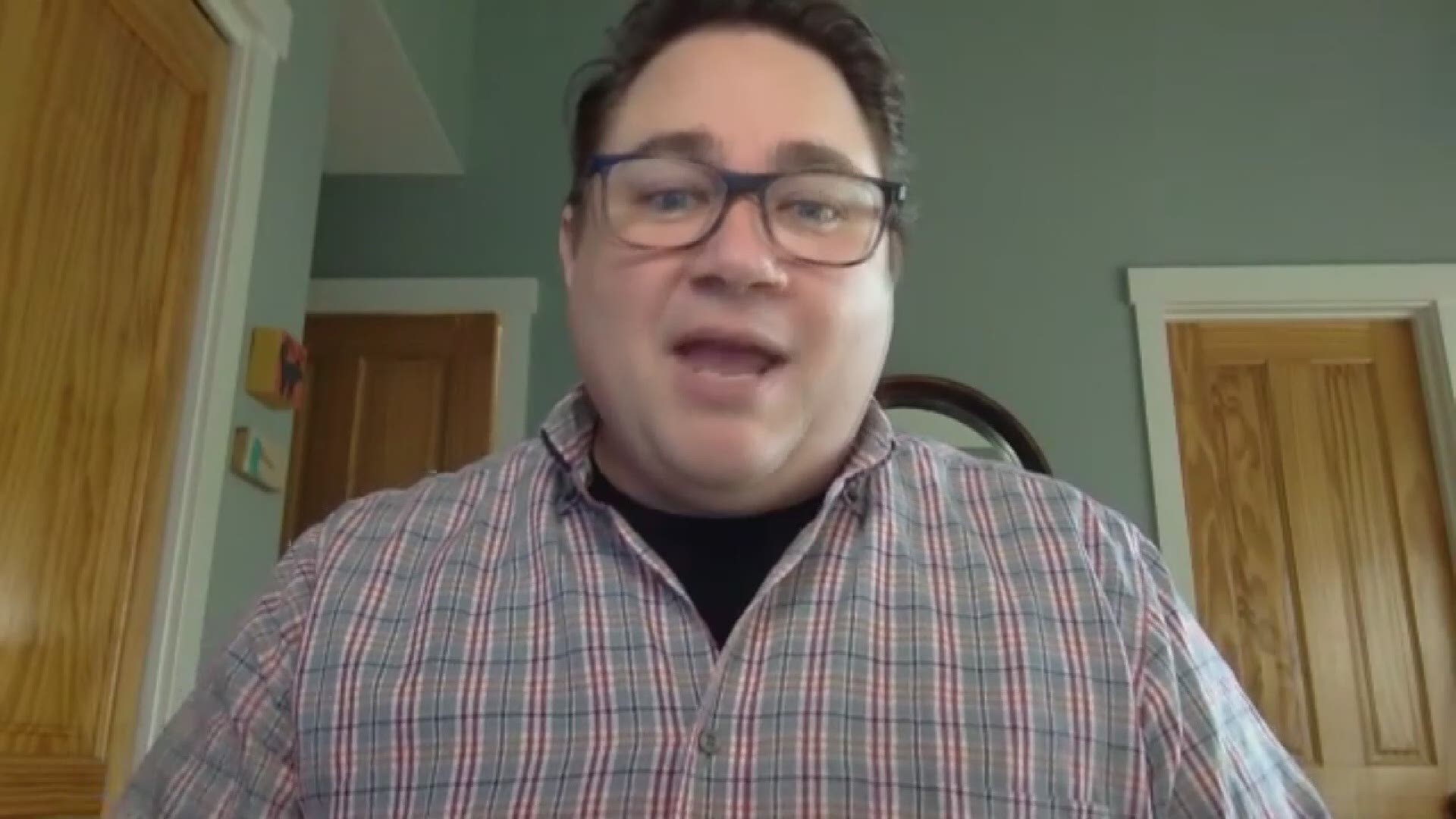Beginning Friday, the entire Oregon Coast will be in the COVID-19 "extreme risk" red. An increase in COVID-19 cases pushed coastal counties from “high risk” into the “extreme risk” category.
One restriction that won't be changing in the majority of these counties: the six-person cap on indoor social gatherings.
But some people who live on the coast say visitors have been ignoring that rule over the last several weeks and they expect that will continue through Christmas.
Bella Beach community in Depoe Bay is made up of half homeowners and half vacation rentals. The former isn't too happy with the latter.
“We love our community here,” homeowner Vince Ovist said. “The residents here are amazing. You walk outside and it's, like, out of a movie.”
Neighbors tell KGW some companies managing short-term rentals and some visitors staying in them don't always respect the rules.
“Unfortunately we see a lot of over-occupancy these days, not just with COVID. It's been happening for a while now,” Ovist said.
While it impacts people's quality of life, it can also be unsafe during a pandemic.
“There’s always a lot of issues around noise, parking, trash. And then this year, with the pandemic, people understandably [have] a whole new level of concern over health and safety as well,” Lincoln County Commissioner Claire Hall said.
“We had a pretty large house that had what we counted was 18 people. Another neighbor, who had a better vantage point, counted 20 people. This was just a few weeks ago,” Ovist said.
Up and down their street in Bella Beach, Ovist says he sees license plates from Idaho, Washington and Montana. That concerns residents during the pandemic because people are coming to their town from places with less stringent COVID-19 restrictions and mandates and higher case counts – including counties in Oregon.
In counties with high or extreme COVID-19 risk, the state doesn't allow more than six people from two households to hang out inside.
“When Governor Brown imposed her initial two-week freeze, we did communicate with all rental owners and managers of the record just to make sure they were all aware of the requirements,” Commissioner Hall said. “It's really discouraging and, at times, I feel like I'm at a loss.”
Hall hears of short term rentals violating the governor's order, but not until after the fact.
“We do try to respond through the sheriff’s office to complaints we receive but my understanding from consulting with deputies is we actually received very few complaints of events in progress,” Hall told KGW.
She says people either aren't calling the Lincoln County Sheriff’s Office to complain or the calls are just too difficult to track because there's no dispatch code for violations of the governor’s social gathering limits. When KGW sought police reports and the number of calls for service related to social gathering violations, the sheriff’s office didn’t have clear data readily available.
With only two short term rental enforcement officers in the large rural county, they can't get to everything right away.
“Obviously they can't be everywhere at once. I sense people's frustrations about this and I'd say we're putting as many resources as we can, realistically, into this,” Hall said.
“The rentals are spread out like peanut butter, they're everywhere. So how do you enforce anything? You don’t,” Ovist added.
One locally-owned property management company told KGW they enforce occupancy limits and kick guests out if they catch them breaking the rules.
But some neighbors want more accountability from the companies; Ovist feels property managers should monitor the homes more often to ensure renters are complying with rules and regulations.
In the end, Ovist recognizes it truly falls on the visitors staying at the short term rentals themselves.
“We need to make sure someone is accountable for the issues that come along with that,” Ovist said. “Ultimately, it's the renter who decides they're going to bring a bunch of people.”
Lincoln County has seen more COVID-19 hospitalizations recently and the county is concerned more community spread will lead to overrun hospitals. But commissioner Hall adds contact tracers haven't traced any coronavirus cases back to out-of-towners.

